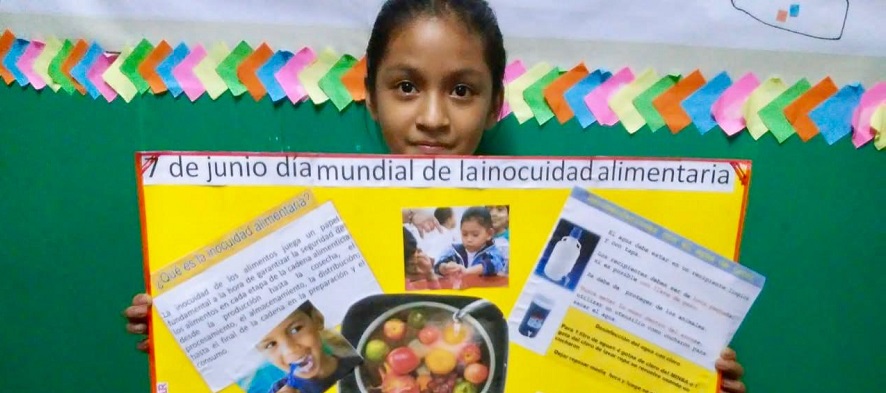The CCLAC Region - Regional Coordinator Ecuador
In 1976 a Coordinating Committee for Latin America, established by the 10th Codex Alimentarius Commission in 1974, held its first meeting in Rome with eight countries from the region in attendance. At its third session a proposal was made to change the name of the committee to its current form (Coordinating Committee for Latin America and the Caribbean) as this better reflected the membership of the region. In 1984 at its 31st session, the Executive Committee, acting on behalf of the Commission, agreed to this change.
The region of Latin America and the Caribbean is an important actor in the production and trade of food at a global level. The region produces enough food to supply itself and to export, with both water and land resources to produce even more.
The region has enormous natural wealth, a flourishing agricultural industry and a family farming sector that is essential for its population. The promotion and strengthening of food safety must be continued at the level of all regions to guarantee the health of consumers and fair and equitable trade.< /p>
The coordinator, Ecuador is based in AGROCALIDAD an agency attached to the Ministry of Agriculture and Livestock. They aim to create synergies between countries in the region, to provide mutual support in order to overcome regional problems and examine solutions to common challenges.
The coordinator further aims to strengthen collaboration among countries and strengthen the participation of developing countries in the Commission and its subsidiary bodies.
CCLAC Coordinator
All information on Codex is public and free.
For regional enquiries contact:
CCLAC Secretariat
Agencia de Regulación y Control Fito y
Zoosanitaria AGROCALIDAD
Avenida
Eloy Alfaro y Amazonas
Quito
Email: [email protected]
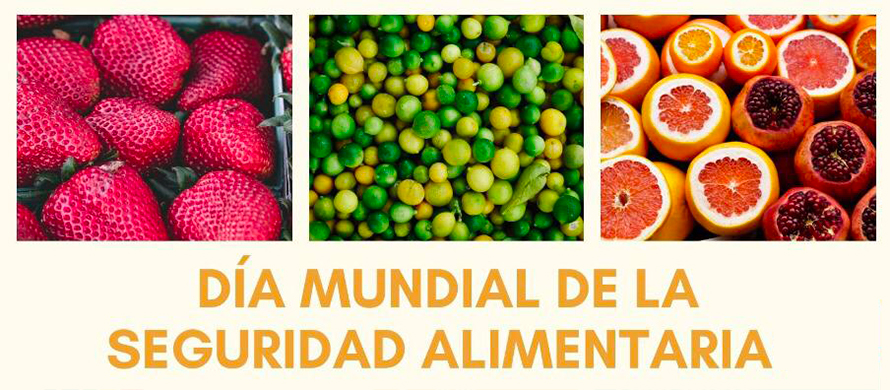
The Red Internacional de Promotores de los Objetivos de Desarrollo Sostenible (ODS) joins the celebration for World Food Safety Day
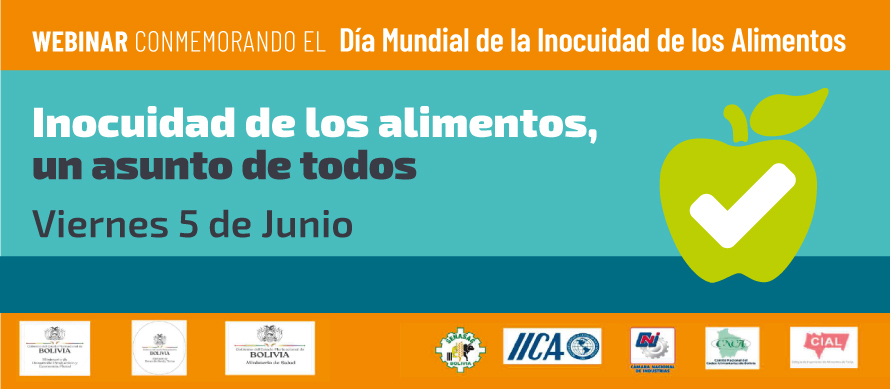
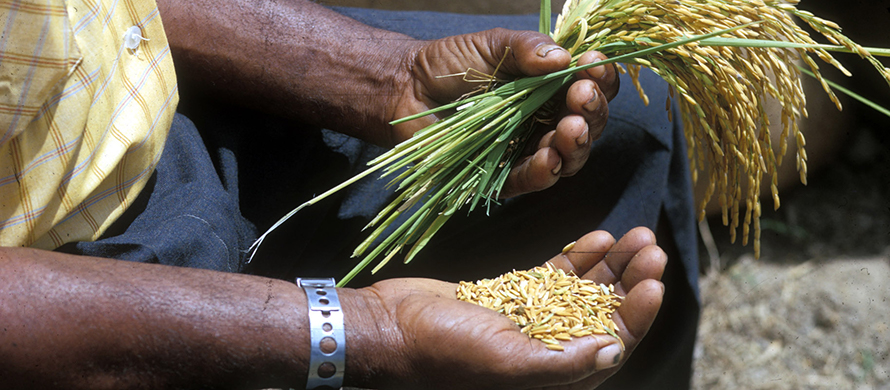
FAO and WHO officers in the Caribbean to brief media on food safety in the context of COVID-19
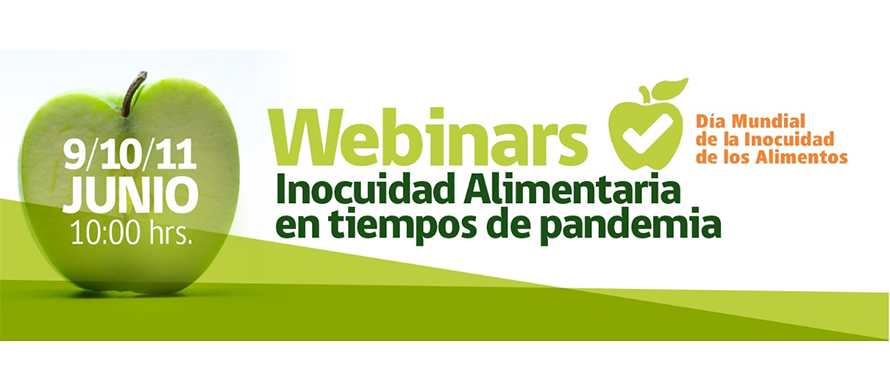
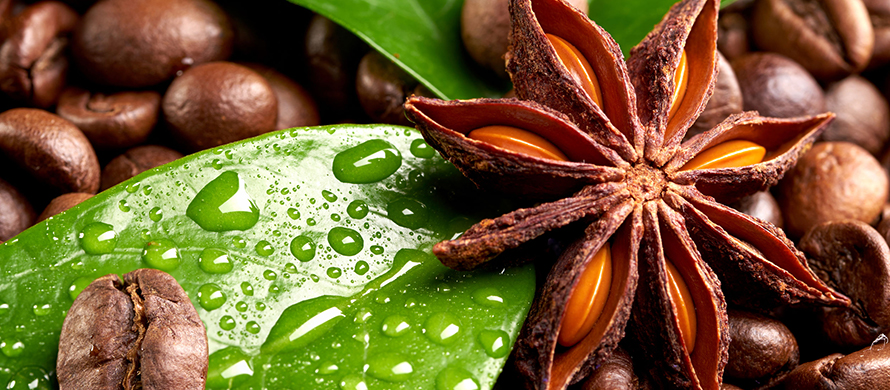
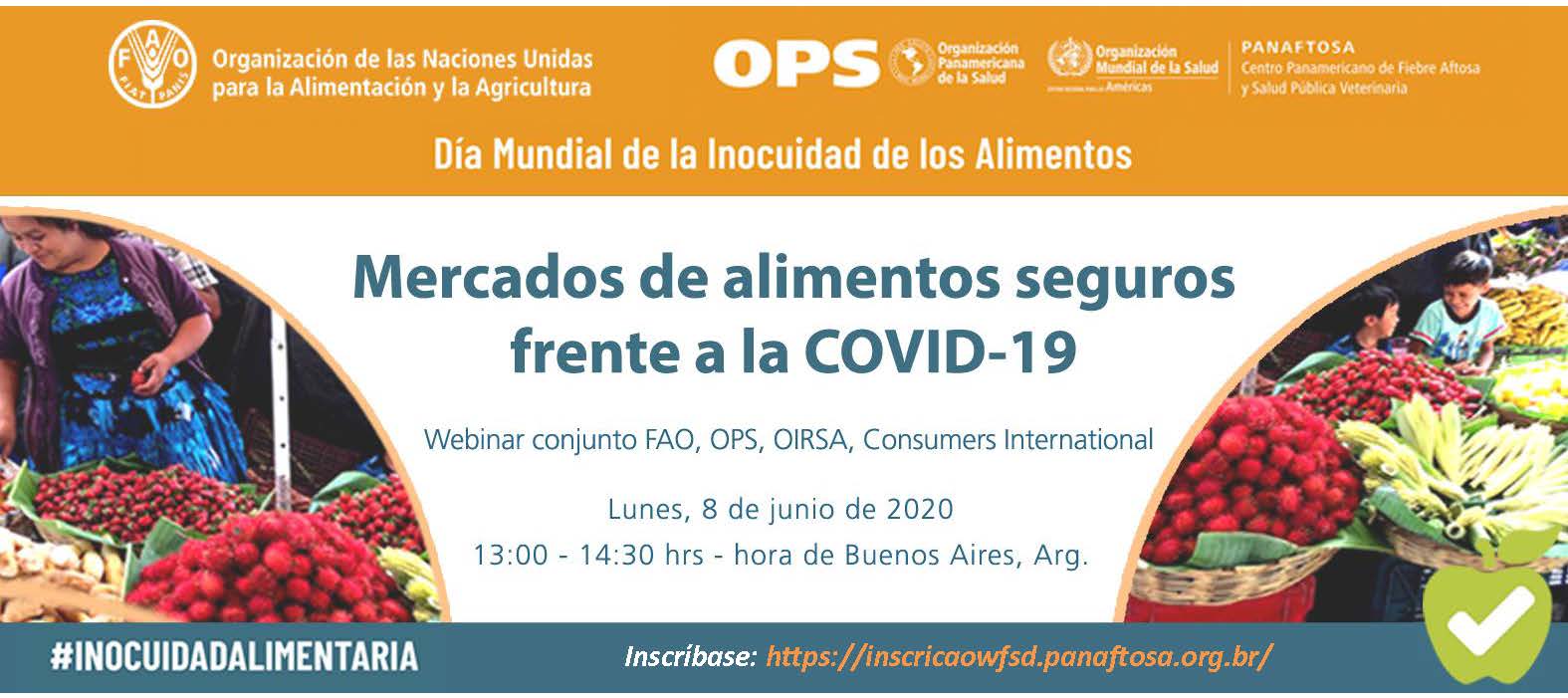
FAO, OPS, OIRSA and Consumers International to hold webinar in Spanish on safe food in markets
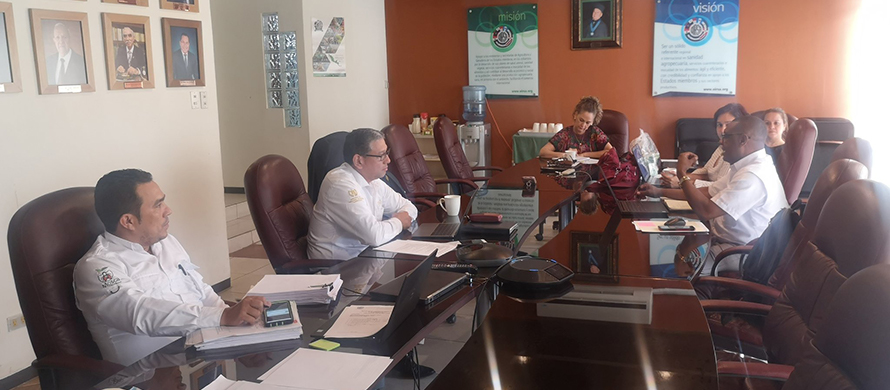
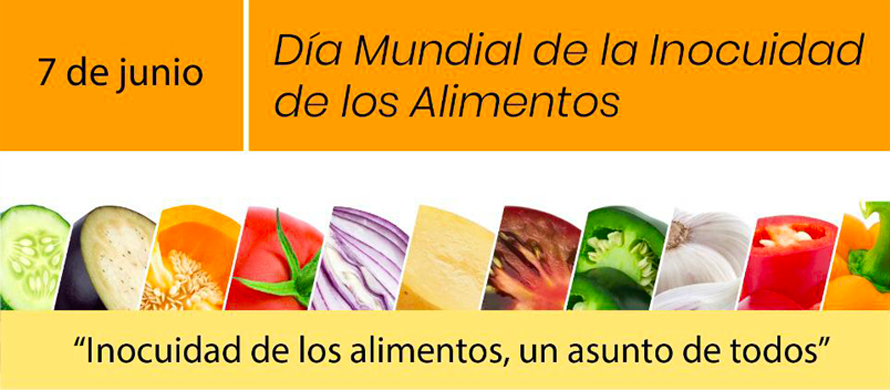
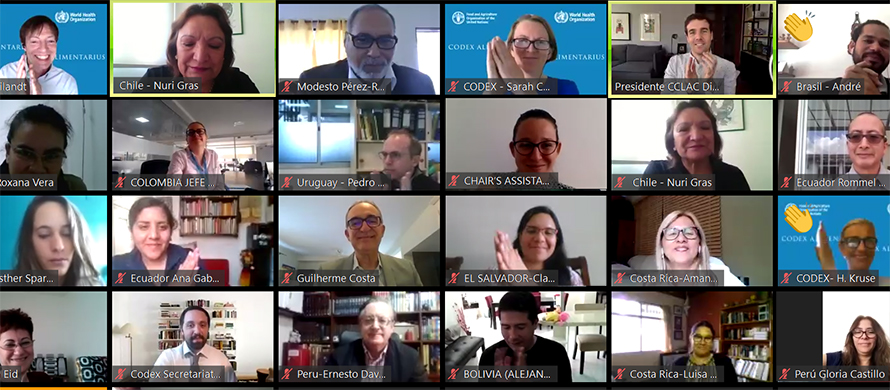
Latin America and Caribbean region pioneers new ways of working in Codex
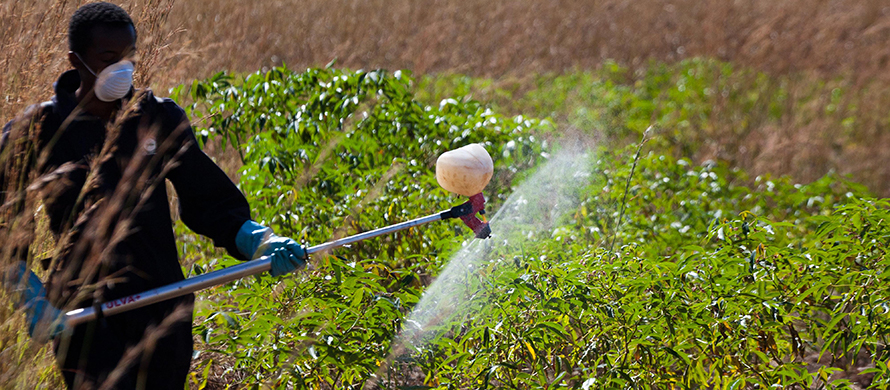
Pesticide residues / Training in Chile strengthening expertise in the region
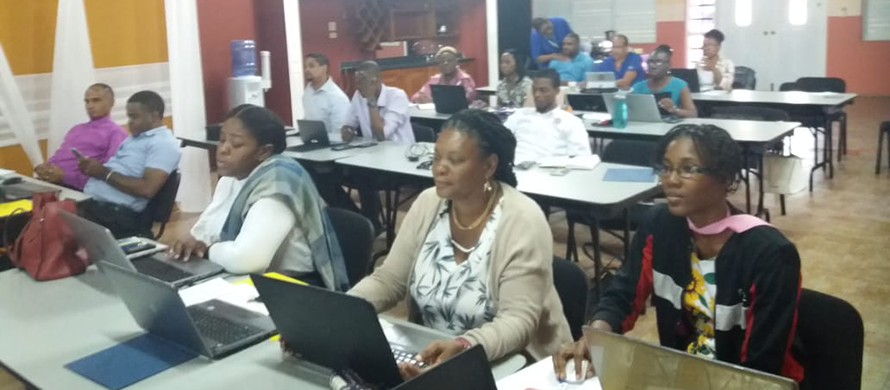
Webinar with Jamaica’s ‘brilliant minds’ reveals importance of speaking Codex language
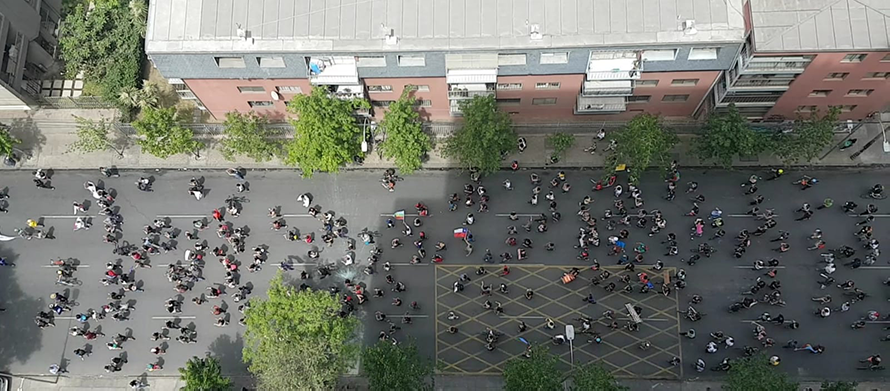
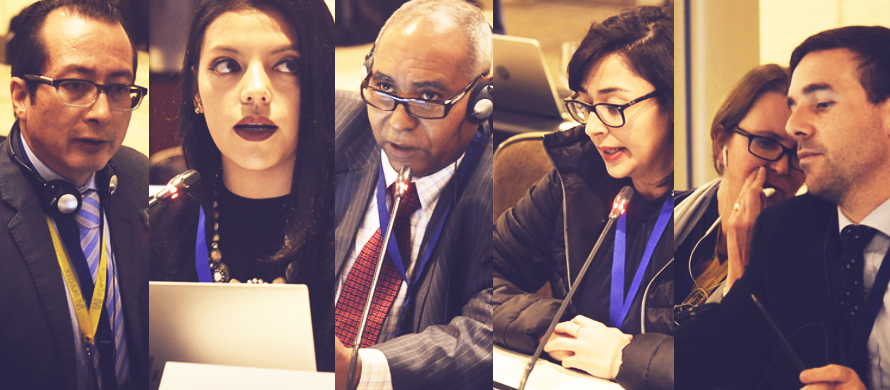
Science and communication: the keys to addressing food safety challenges in Latin America and the Caribbean
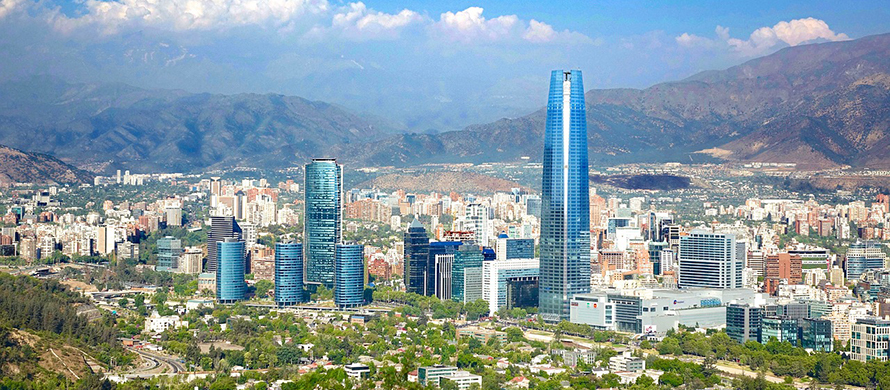
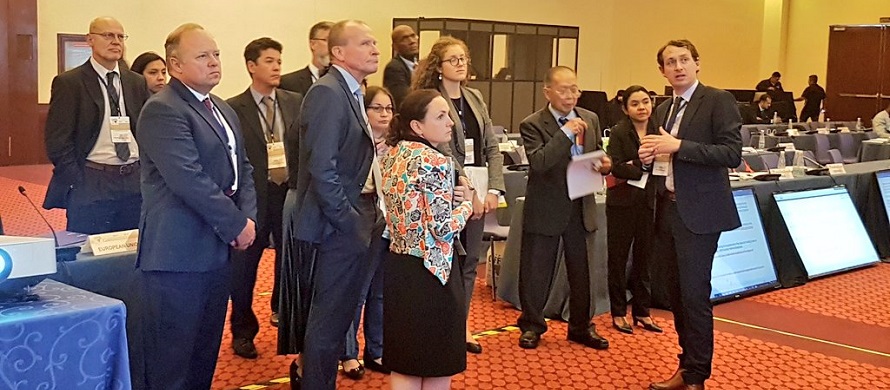
Four new standards, discussions and consensus. A productive session for fruit and veg
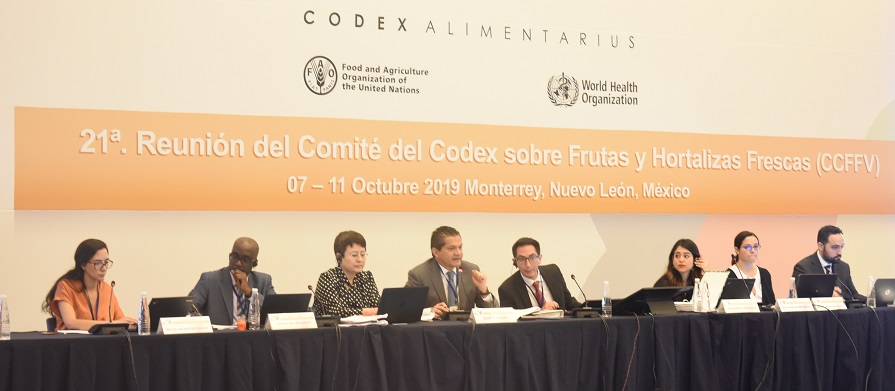
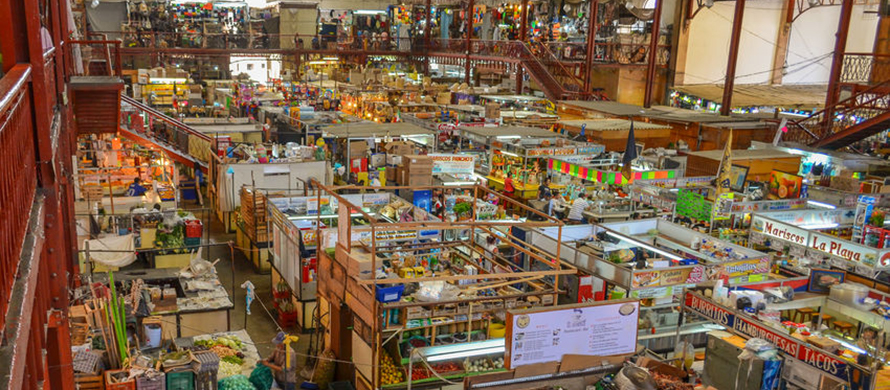
Codex Members gather in Mexico to develop standards for fresh fruits and vegetables
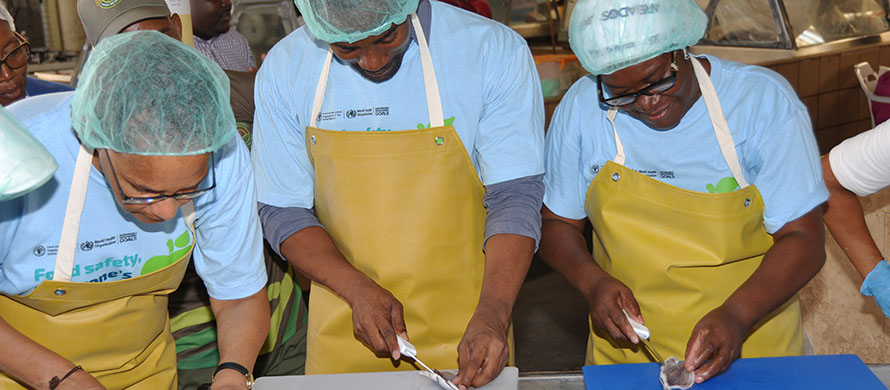
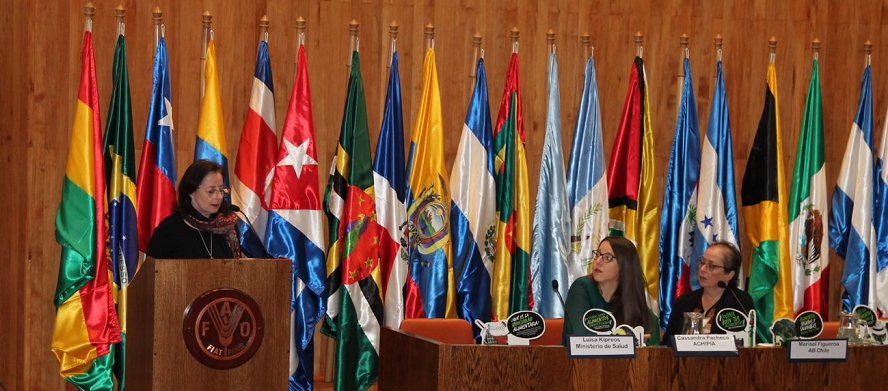
Chile: the importance of Codex Alimentarius in food production and trade.
